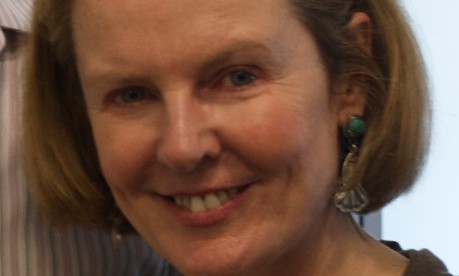Once I believed that when you found faith, it rarely wavered.
Then I learned that even saints had massive doubts about God.
How reassuring.
If even the holiest of the holy had second thoughts, why not me?
Maybe we Catholics should talk more about doubt.
It actually is an intrinsic part of the pilgrimage, a Jesuit friend priest told me, common at the beginning and throughout the spiritual journey.
Then he told me to read none other than former Pope Benedict XVI on doubt.
Indeed, the first chapter of Joseph Ratzinger’s “Introduction to Christianity” is all about doubt vs. belief.
“The believer is always threatened with an uncertainty that in moments of temptation can suddenly and unexpectedly cast a piercing light on the fragility of the whole,” he writes.
Suddenly the believer is not just questioning the literalness of biblical stories — whether, say, Christ really walked on water — but facing “the bottomless abyss of nothingness.”
And the abyss is lurking everywhere, it turns out.
Saint Therese of Lisieux, a 19th-century French Carmelite nun, wrote about her own terrible crisis of faith at the end of her life, at a mere 24.
The nuns she lived with were so horrified they edited her writings to remove mentions of the “temptations of atheism.”
Spiritual genius Thomas Merton, the famed Catholic monk, said in “New Seeds of Contemplation,” “Let no one hope to find in contemplation an escape from conflict, from anguish or from doubt . . . for every gain in deep certitude there is a corresponding growth of superficial doubt.”
Some of the best-known Catholics novelists of the 20th century — Graham Greene, Flannery O’Connor, Walker Percy, Mary Gordon — created characters that swing wildly between faith and doubt.
A recurring theme: Faith is so hard to maintain in a brutal, unjust world; doubt comes easily.
Most famously and recently, Mother Teresa of Calcutta, whose letters were released in 2007, expressed doubt and despair about God.
Her “dark night” lasted almost 50 years, with rare reprieves, up until her death in 1997. Continue reading
Source
- Margery Eagen in Crux
Margery Eagan is a writer and commentator on current affairs.
